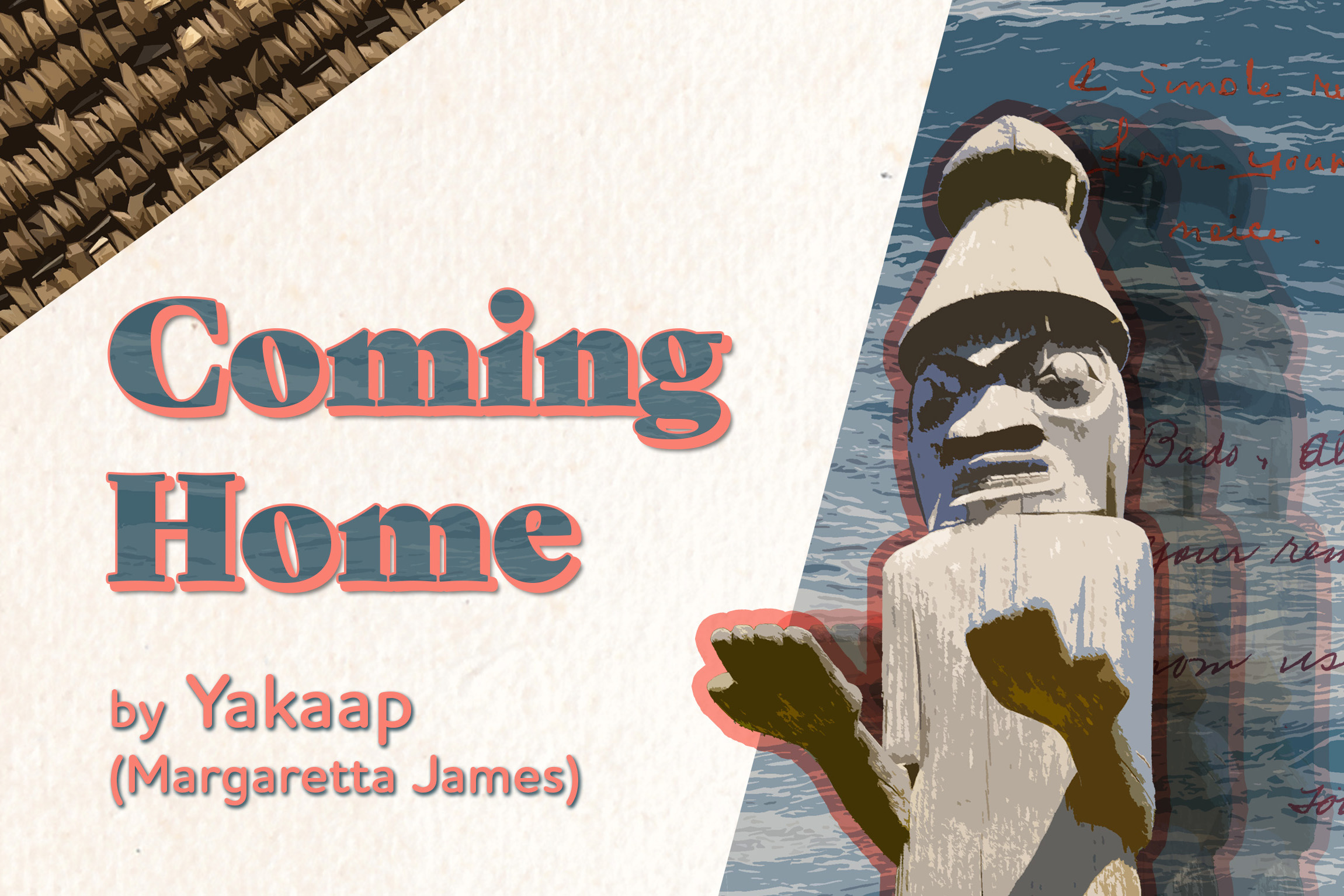The Social Justice Institute
Noted Scholars Series presents:
Dr. Laurel Mei Singh
Assistant Professor, Department of Geography and Environment & Centre for Asian American Studies, University of Texas at Austin


“A Tunnel to a Sacred Place: Resistance to the Carceral Geographies of Militarism in Hawai’i.”
Co-sponsored by the Transformative Memory Network
WHEN & WHERE
Zoom
March 9th, 12-1 PM
RSVP’s for this event are now closed.
All events are free and open to the public.
This presentation will examine the antagonistic relationship between military occupation and locally situated human-environment intimacy that stands central to struggles for healthy livelihoods, environmental justice, and decolonization. Ethnographic and archival research in Hawai‘i, a place critical to US defense strategy, informs a theorization of military fences as a spatial expression of geographies of race and colonialism. They signify the state’s attempts to impose order through strategies of occupation, possession, and differentiation through the production of uneven access to life-giving resources. Yet while Hawai‘i functions as the Pacific Command headquarters that oversee military operations across half the earth’s surface, military presence does not impose unilateral hegemony on the islands. Rather, grassroots collective action that draws from Indigenous paradigms of human-environment connectivity persists and thrives. A Tunnel to a Sacred Place thus affirms the centrality of Hawai‘i and the Pacific to US warmaking while proposing a theory of Indigenous resistance against and in the shadows of a militarized carceral state.
Laurel Mei-Singh serves as an Assistant Professor of Geography and Asian American Studies at the University of Texas at Austin. Her research interests include environmental justice, militarization, the relationship of race and indigeneity to histories of war, fences and self-determination, abolition, racial capitalism, and the Pacific. Her current project develops a genealogy of military fences and grassroots struggles for land and livelihood in Wai‘anae, a rural and heavily militarized region of the island of O’ahu in Hawai’i.
